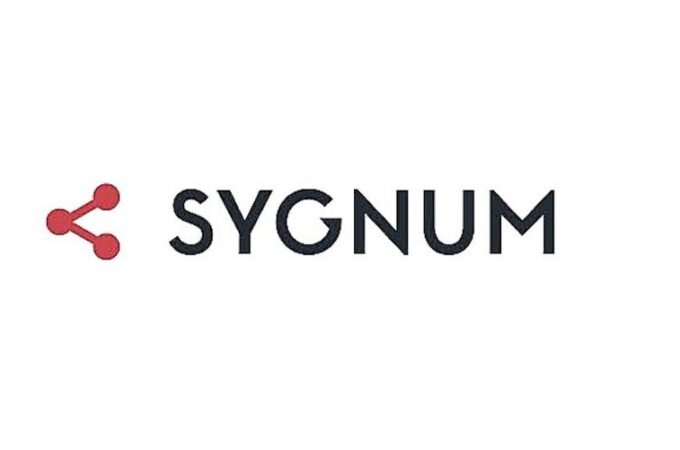
Hong Kong Proposes Stricter Regulations for OTC Crypto Trading
Hong Kong is taking proactive measures to tighten regulations on over-the-counter (OTC) trading of virtual assets, aligning with its commitment to fostering a robust regulatory framework for the digital asset ecosystem. The government has initiated a public consultation on legislative proposals aimed at subjecting OTC crypto trades to universal Anti-Money Laundering (AML) requirements, signaling a significant step towards enhancing investor protection and mitigating financial crime risks.
The consultation, slated to last until April 12, 2024, seeks feedback on proposals to introduce a licensing regime for providers of OTC trading services of virtual assets. Under these proposals, any entity engaging in the spot trade of virtual assets for money in Hong Kong would be required to obtain a license from the Commissioner of Customs and Excise (CCE), ensuring compliance with AML and Counter-Terrorist Financing (CTF) regulations.
Key highlights of the proposed regulatory framework include:
- Expanded Oversight: OTC services, both physical and digital, would fall under the jurisdiction of the Anti-Money Laundering and Counter-Terrorist Financing Ordinance (AMLO), bolstering the government’s ability to supervise and enforce regulatory requirements.
- Stringent Requirements: License applicants must adhere to stringent criteria, including providing local management office addresses, correspondence addresses, and designated locations for storing transaction records.
- Asset Restrictions: OTC traders would be restricted from trading virtual assets not listed on licensed trading platforms or stablecoins issued by unlicensed entities, enhancing market integrity and reducing illicit activities.
The move comes in response to growing concerns over fraudulent activities in the OTC crypto space, with some unlicensed OTC venues implicated in fraud cases. By subjecting OTC trading to the same regulatory standards as retail trading, Hong Kong aims to safeguard investor interests and uphold the integrity of its financial markets.
Furthermore, the proposed regulations align with the government’s broader strategy to cultivate a transparent and sustainable environment for virtual assets and Web3 technologies. Since the commencement of the licensing regime for virtual asset trading platforms in June 2023, Hong Kong has made significant strides in formalizing its regulatory framework, granting licenses to reputable platforms like HashKey and OSL.
As part of the transitional arrangements, existing OTC traders operating in Hong Kong are required to submit license applications by February 29, ensuring a smooth transition to the new regulatory regime. This phased approach underscores Hong Kong’s commitment to facilitating compliance while minimizing disruption to market participants.
Stakeholders, including industry participants and the public, are encouraged to contribute their perspectives during the consultation period. By fostering collaboration and engagement, Hong Kong aims to refine its regulatory framework to effectively address emerging challenges and promote responsible innovation in the digital asset landscape.
Photo by Andres Garcia on Unsplash





